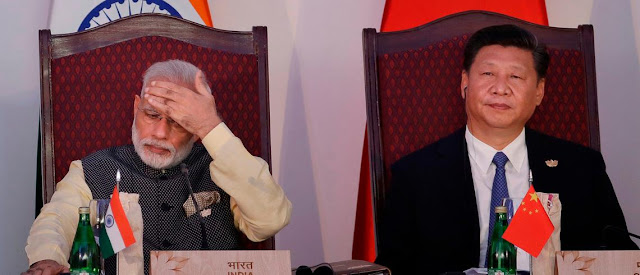What a college for Asia may mean
Indian universities are not known for area studies programmes though there are some shining exceptions. I have been advocating, for some time now, that an open programme - open in terms of who might be able to participate, rather than how it is delivered - for Asian studies may help educate the type of graduate professionals India might need. For me, it is an old idea - a college of Asia ! I was serious about it in 2014, but that was perhaps the wrong moment. My interest in going back to India and starting again cooled after 2014, with political changes around the world and the focus of my career shifting into a different domain. It feels like meeting an old friend when I discuss the idea now. I am older, perhaps wiser, and less idealistic than I was then. I have learnt more about education as a business, and more about the concepts such as Asia, about which I had an unquestioning romanticism before. But the idea still attracts me, and I believe its moment has come....




